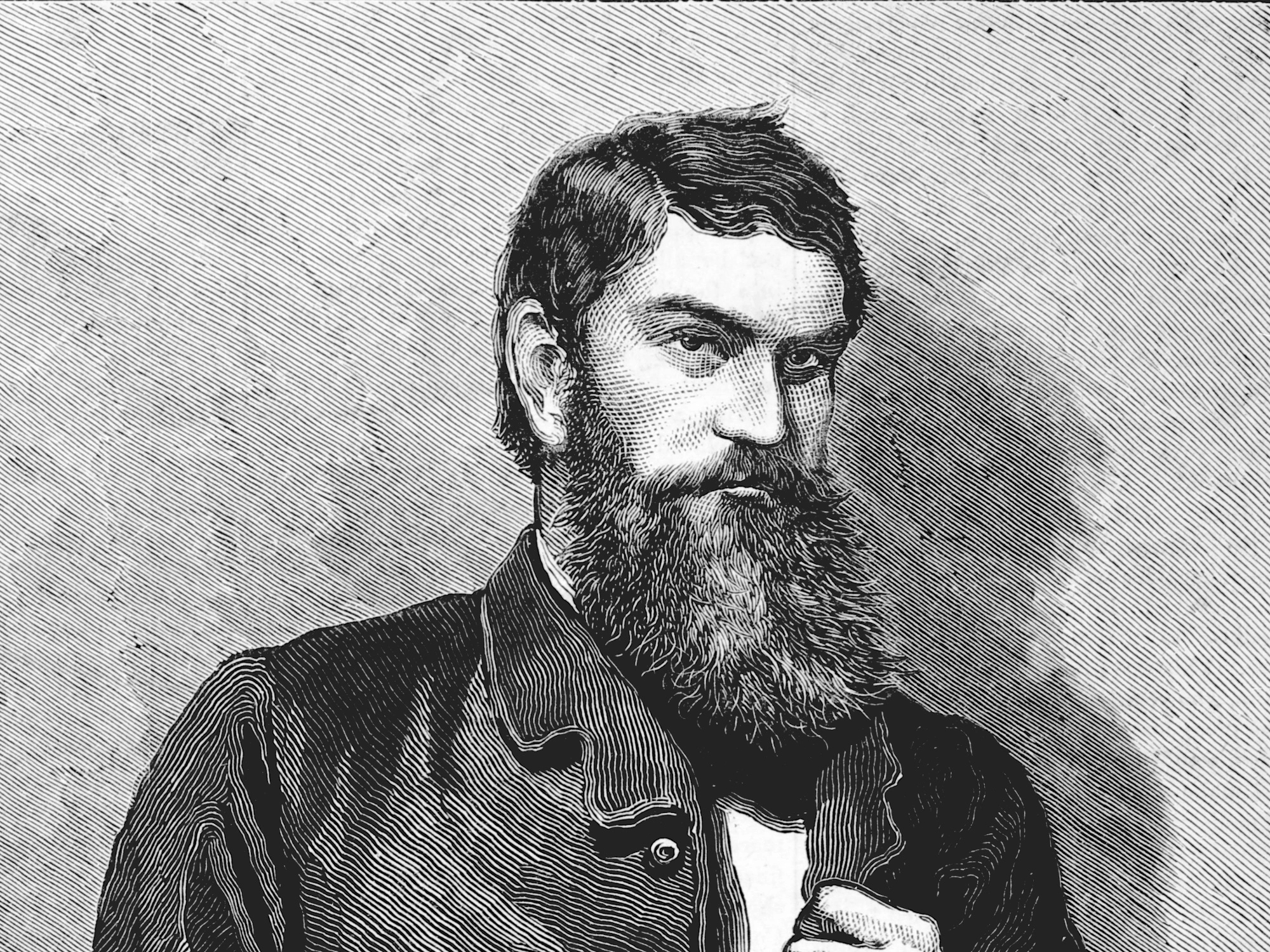You probably remember that I promised you five shows during our Julia Ward Howe/Battle Hymn of the Republic week. The fifth show was going to be me talking about the Battle Hymn and the many ways it’s endured into the 21st century. I was going to give you examples of how it’s been used in…
Harvard Professor John Stauffer joins us to discuss the history of “The Battle Hymn of the Republic” and its significance and meanings for American culture. He shows that it’s a song that unites and divides the country, and that it has been used by many different groups in American social and political life. It’s a…
American folk singers, Sparky and Rhonda Rucker, discuss their popular and historically significant “Glory Hallelujah Suite” as part of our Julia Ward Howe/Battle Hymn of the Republic week. Learn about “Say Brothers Will You Meet Us?” “John Brown’s Body,” “The Battle Hymn of the Republic,” and the “Marching Song of the First Arkansas Colored Regiment.”…
Julia Ward Howe led one of the most significant lives in US history. She was a poet, feminist, political reformer, champion of international pacifism, and much more. Dr. Elaine Showalter joins us to discuss Julia Ward Howe’s life, and the various civil wars she witnessed and had to fight. From composing “The Battle Hymn of…
We’re doing something entirely different this week. A whole week of shows dedicated to Julia Ward Howe and “The Battle Hymn of the Republic.” As many of you may know, Julia Ward Howe was the author of the poem that became the most famous song of the American Civil War era, and perhaps the most…
Ned Kelly is Australia’s most famous outlaw. A mix of frontier bandit, murderer, and gang leader, Kelly has gone down in Australian lore as an anti-establishment hero. Dr. Lachlan Strahan tells the story of his great-great-grandfather, Anthony Strahan, who was one of the Australian policemen who helped hunt down Ned Kelly. Listen to this fascinating…
Norman Holmes Pearson actually did what a great many professors dream about doing. He was an expert in his field, but he also worked as an Intelligence Officer for the US military during World War II and the Cold War. And he wasn’t a desk jockey, but an active spy. Despite a major physical disability,…
Buzzkill Genius Dr. Philip Nash brings us a fabulous (and very relevant) show on the Cuban Missile Crisis of 1962. There’s so much more to those events than the standard “eye-ball-to-eye-ball” story would have us believe. Among many other things, we learn why the Cold War was so cold. You’ll understand so much more after…
All wars are bad. But why was World War II so extreme? Coming less than 20 years after World War I (the most extreme war up until that time), the Second World War’s death toll is _conservatively_ calculated at 60 million people. And some estimates are higher than that. Professor Phil Nash joins us to…
Professor Philip Nash continues his excellent analysis of the famous Battle of Stalingrad. The grim complications in the details of the history of this battle give us perfect insight into the nature of warfare during this period. Dr. Nash finishes up by explaining how the Battle of Stalingrad fits into the larger period of late…










